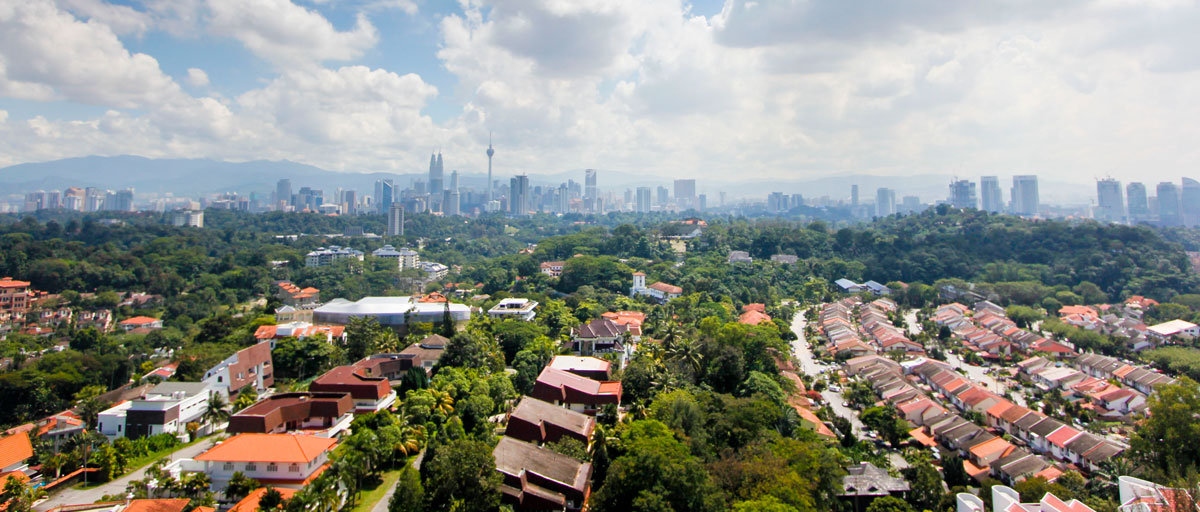RESEARCH THEMES
RESEARCH Streams
SHORTCUTS
Want to know more about our research? Click here!
INTERDISCIPLINARY COURSES
Stockholm Resilience Centre offers interdisciplinary courses on first (Undergraduate), second (Master's) and third (PhD) levels of University education. Want to know more about our courses? Click here!
POLICY and Practice
Our engagement in science-policy-practice activities has increased steadily over the years and range from high-level UN dialogues to local resilience assessments. Want to know more about our policy work? Click here!

Photo: T. H. Snickars/Azote
Bildtext får vara max två rader text. Hela texten ska högerjusteras om den bara ska innehålla fotobyline! Photo: B. Christensen/Azote
Stockholm seminars
Biodiversity science to address the challenges of global change
Seminar with Andrew Gonzalez, 1 November 2016
Text
Human-driven global change is disrupting the balance of processes that maintain biodiversity, from the smallest to the largest spatial scales. Determining causes and consequences of biodiversity change is a cornerstone of ecological and evolutionary science and essential for mitigating impacts on human wellbeing.
Andrew Gonzalez departs from an approach that views ecological systems as complex networks. For example, the movement of individuals among habitat patches creates spatial networks of populations that govern their stability and capacity to adapt to environmental change. Also species are connected by their interactions to form food webs, mutualist webs, and host-disease webs. In his presentation he will integrate these dimensions of ecological networks to show how species interaction networks, such as food webs, emerge and reorganize as their component species shift in space through time in response to habitat loss and climate change
In the second part of his talk he will introduce the idea of community evolutionary rescue. He will explain this new concept and use experimental evolution to show how spatial networks of populations and communities respond and rapidly evolve in response to extreme environmental stress.
Gonzalez will close with an application of this network approach to the design of ecosystem networks for urban biodiversity and sustainability, using the case study of Montreal. This research is currently being applied to the design of green infrastructure in and around the city.
About Andrew Gonzalez
Dr. Andrew Gonzalez is Professor in Department of Biology, McGill University and the founding Director of the Quebec Centre for Biodiversity Science. He spent four years as an assistant professor at the University of Paris VI, before moving to McGill University in 2003 where he now holds a Canada Research Chair in Biodiversity Science. His research is focused on the causes and consequences of biodiversity change.
He has published more than hundred papers on several research foci including: 1) biodiversity as a form of global change, 2) the impact of land use change on biodiversity and ecosystems, and 3) biodiversity change and human wellbeing. He was recently awarded a Killam Fellowship, a national research award given to outstanding scholars in the arts, humanities and the social and natural sciences.
He was member of the Expert Panel on Biodiversity Science for the Council of Canadian Academies that published an evidence-based report, Canadian Taxonomy: Exploring Biodiversity, Creating Opportunity. He was also member of the international team that won the bid to design and implement the global secretariat for Future Earth.

Stockholm Resilience Centre
Stockholm University, Kräftriket 2B
SE-10691
Phone: +46 8 674 70 70
info@stockholmresilience.su.se
Organisation number: 202100-3062
VAT No: SE202100306201



